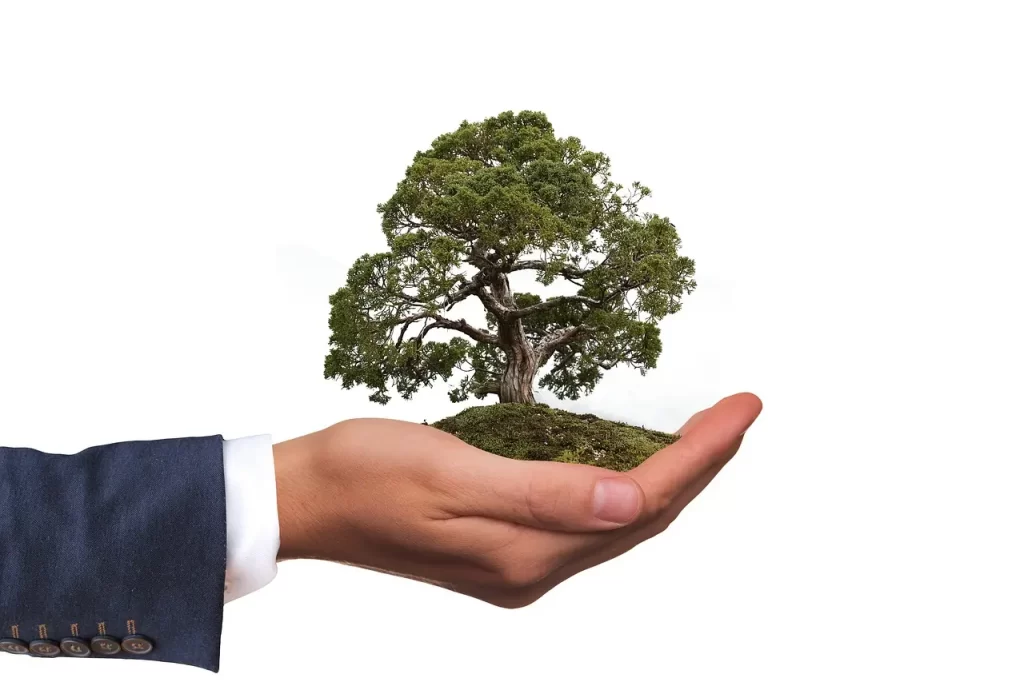In a world where environmental concerns have taken center stage, the concept of Beyond Green emerges as a beacon of hope and responsibility. The urgency to combat climate change has pushed us to redefine our approach to sustainability, transcending the traditional boundaries of eco-friendliness. Carbon neutrality has become the new frontier, a paradigm shift that challenges industries, governments, and individuals to rethink their carbon footprint and embrace a holistic commitment to the planet’s well-being. The journey towards carbon neutrality begins with acknowledging the harsh reality of our current environmental predicament. The escalating levels of greenhouse gas emissions have prompted a global awakening, compelling nations and corporations to reassess their roles in perpetuating climate change. The Beyond Green movement transcends mere sustainability; it encapsulates a vision where every entity, be it a nation, a company, or an individual, aspires not just to minimize harm but actively contribute to the restoration of the planet’s ecological balance.

One of the cornerstones of achieving carbon neutrality is the adoption of renewable energy sources. The world is witnessing a monumental shift from fossil fuels to cleaner alternatives like solar, wind, and hydropower. Governments are setting ambitious targets, incentivizing the development and implementation of renewable technologies. Corporations are investing in sustainable energy solutions, mowa carbon neutral not just as a moral obligation but as a strategic imperative for long-term viability. The transition to renewable energy is not merely a trend; it is a fundamental reconfiguration of our energy landscape, marking a departure from the old norms that imperil our environment. Technology plays a pivotal role in the Beyond Green narrative. Innovations in carbon capture and storage, sustainable agriculture practices, and eco-friendly manufacturing processes are pivotal in curbing emissions. The integration of artificial intelligence and big data analytics enables more efficient resource utilization, optimizing energy consumption and minimizing waste.
The convergence of technology and sustainability is not only a pragmatic solution but a testament to human ingenuity in the face of an existential crisis. Furthermore, the Beyond Green ethos extends beyond corporate boardrooms to the everyday choices of individuals. The power of collective action cannot be overstated, and as consumers become increasingly conscientious, they drive demand for sustainable products and services. From electric vehicles to zero-waste packaging, individuals are making choices that align with a carbon-neutral vision. Governments are responding to this societal shift by implementing policies that support eco-friendly practices, fostering a culture where sustainability is not just a buzzword but a way of life. Education and awareness form the bedrock of the Beyond Green movement. Initiatives to educate the masses about the impact of their actions on the environment are gaining momentum. Educational institutions are incorporating environmental studies into their curricula, empowering the next generation with the knowledge and tools to navigate a world that demands ecological responsibility.


